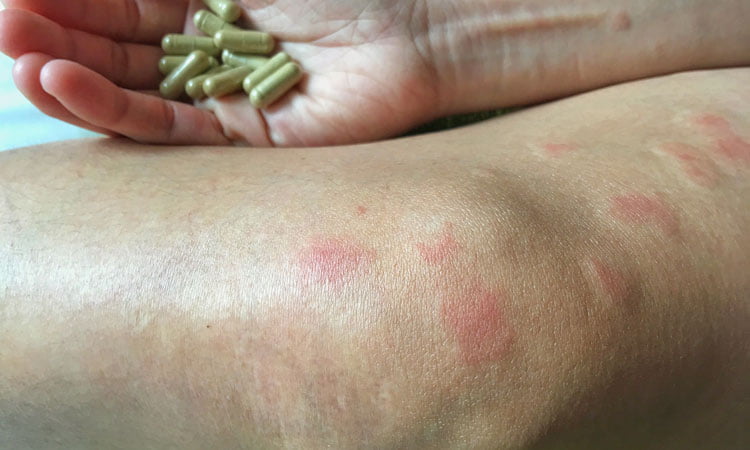New insights found into lupus may help combat the disease
Posted: 17 December 2019 | Rachael Harper (Drug Target Review) | No comments yet
A new study may lead to new treatments for lupus as it has found that, when impaired, a key regulator of the immune system can cause damaging immune system attacks on skin and organs, which are hallmarks of the disease.


It has previously been discovered that blocking a key regulator of the immune system helped unleash the body’s natural defenses against several forms of cancer. Now, scientists have essentially turned this around and found that, when impaired, a molecularly-similar regulator can cause damaging immune system attacks on skin and organs that are the hallmark of the autoimmune disease, lupus.
The study results help to explain the origins of lupus and suggest novel ways researchers might be able to restore the function of this inhibitor and provide much needed new therapy to treat the disease, the scientists said.
PD-1H is similar on a molecular level to the more commonly known PD-1 molecule”
The study was conducted by scientists from Yale University, US.
The researchers found that mice lacking an immune system inhibitor called programmed death-1 homolog (PD-1H) spontaneously developed symptoms that resemble two forms of lupus – systemic, in which the immune system attacks multiple organs; and cutaneous, which is marked by pronounced skin deformities.
“This molecule is clearly involved in inhibiting lupus, but it seems to be selective because it does not have the same effect in several other autoimmune diseases,” said senior author Lieping Chen, the United Technologies Corporation Professor in Cancer Research, and Professor of Immunobiology, Dermatology and Medicine.
PD-1H is similar on a molecular level to the more commonly known PD-1 molecule, which also helps suppress immune system response.
Chen said his findings suggest that in people with lupus the function of PD-1H is critical. When it is impaired, they are vulnerable to the immune system attacks on skin and multiple organs that are the hallmark of the disease.
Lupus patients currently have very limited options for treatment, but the new findings suggest a novel approach called protein fusion might mimic PD-1H and help control the immune system and combat the disease, Chen said.
The study was published in Science Translational Medicine.
Related topics
Disease research, Drug Targets, Immunology, Therapeutics
Related conditions
Lupus
Related organisations
Yale University
Related people
Lieping Chen


